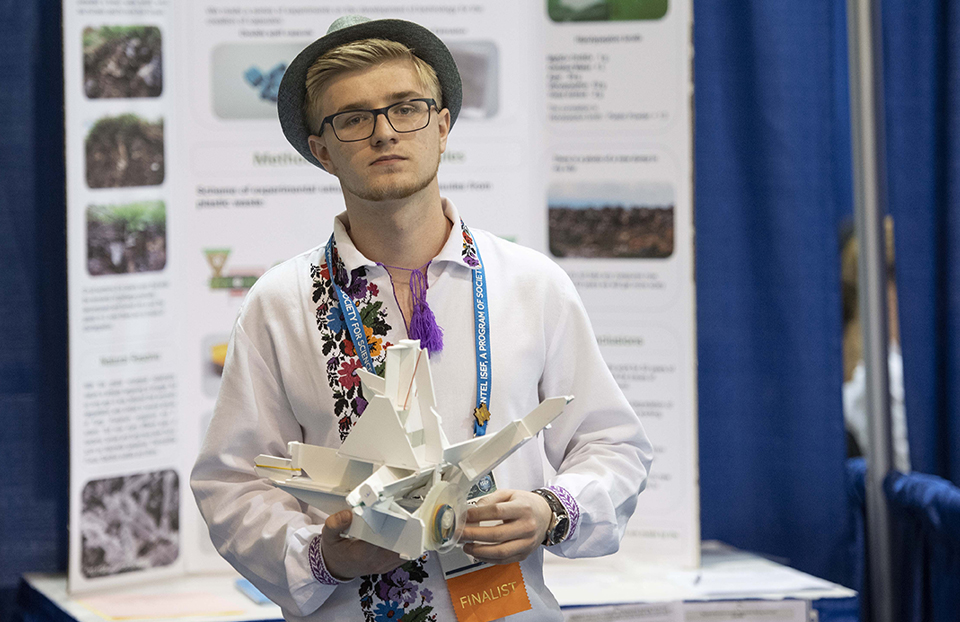Environmental Engineering
Code: ENEV
Sponsored by Jacobs

Studies that engineer or develop processes and infrastructure to solve environmental problems in the supply of water, the disposal of waste, or the control of pollution.

Subcategories:
Bioremediation
Land Reclamation
Pollution Control
Recycling and Waste Management
Water Resources Management
Other
Bioremediation (BIR): The use of biological agents, such as bacteria or plants, to remove or neutralize contaminants. This includes phytoremediation, constructed wetlands for wastewater treatment, biodegradation, etc.
Land Reclamation (ENG): Studies that apply engineering principles and design techniques to restore land from wetlands, seas, lakes, deserts or mines, through drainage or irrigation to a more productive use or its previous undisturbed state. This subcategory also includes studies involving the restoration of land that is damaged by natural phenomena, such as erosion, or impaired by industrial and urban processes.
Pollution Control (PLL): Studies that use engineering principles and design to prevent or control air, water and solid waste pollution.
Recycling and Waste Management (REC): Studies involving the extraction and reuse of useful substances from discarded items, garbage, or waste. The process of managing, and disposing of, wastes and hazardous substances through methodologies such as landfills, sewage treatment, composting, waste reduction, etc.
Water Resources Management (WAT): Studies that apply engineering principles and design to the planning, developing, distributing and managing the optimum use of water resources. Studies in this subcategory might include applied surface and groundwater hydrology, forecasting and control of quantity and quality of water or simulation and modeling of water resource systems.
Other (OTH): Studies that cannot be assigned to one of the above subcategories. If the project involves multiple subcategories, the principal subcategory should be chosen instead of Other.